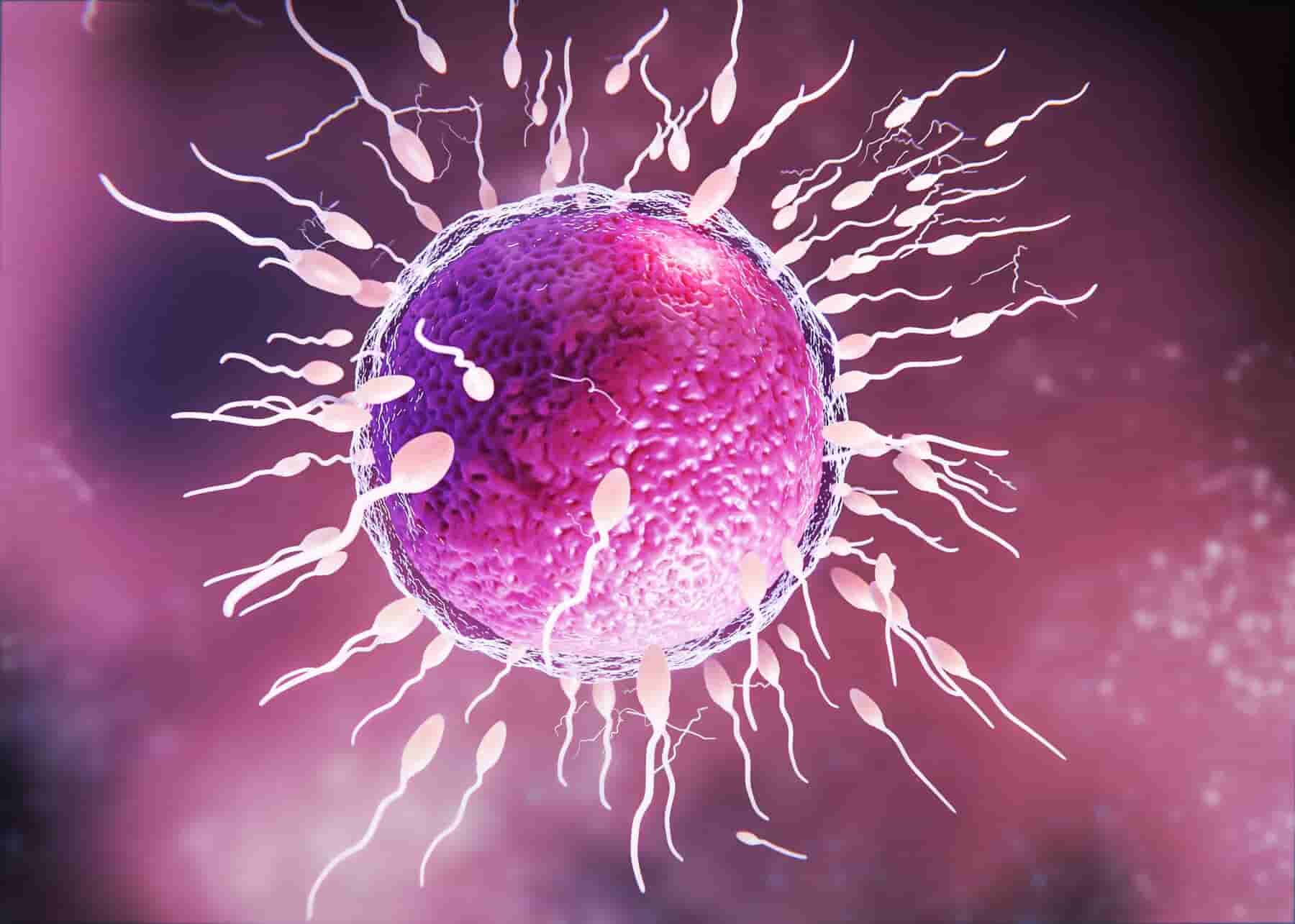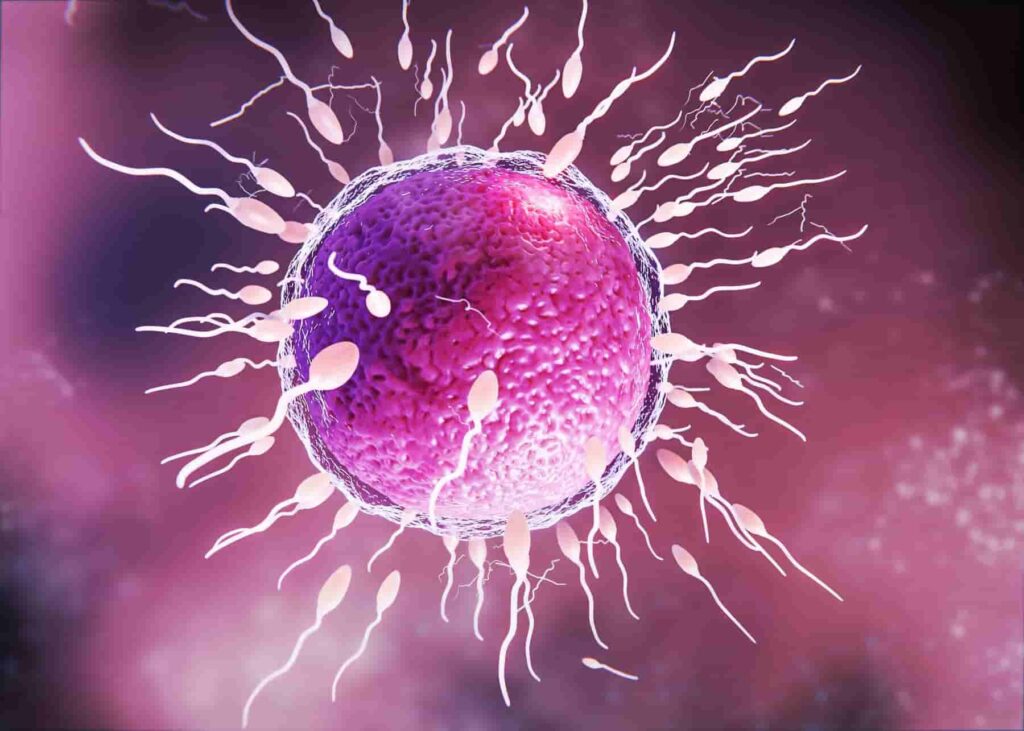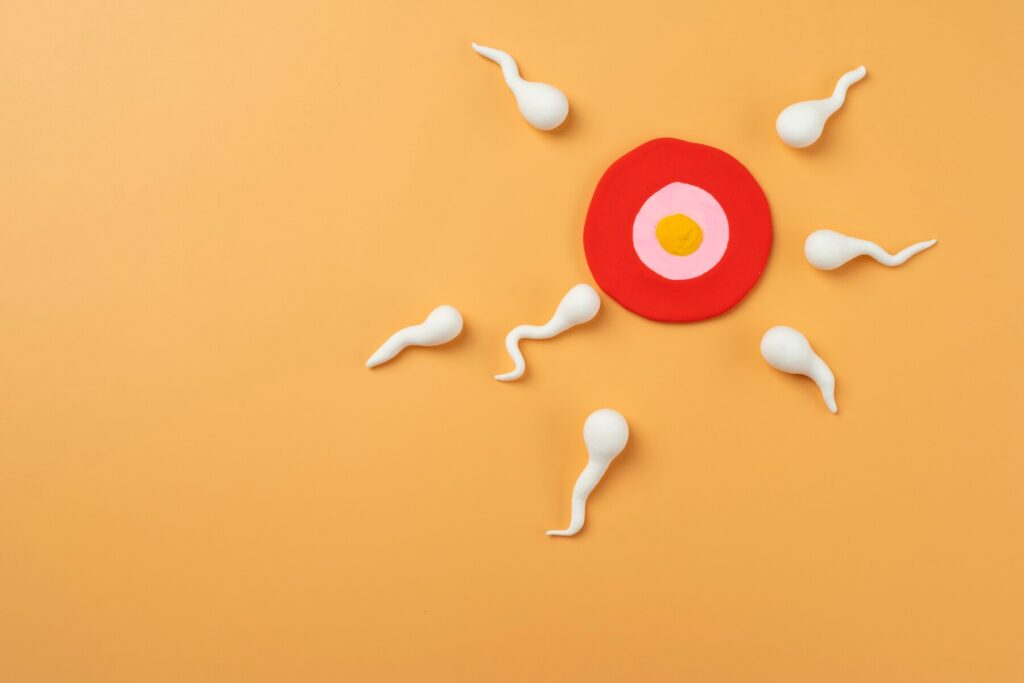Whenever it comes to male fertility, the discussion is incomplete without the inclusion of zinc.
Zinc is an essential mineral that plays a vital role in many of our bodily functions including the production of healthy sperm.
According to research, it has been found that among the people who were found to be deficient in zinc, the sperm count of most of them was also found to be reduced and the quality of their sperm may also deteriorate.
In this article, we will learn about the relationship between zinc and sperm production, find out how much zinc is needed to increase sperm quantity and quality, and what are the benefits of zinc for male reproductive health. Will also see the benefits whats benefits of zinc.
How Much Zinc to Increase Sperm Volume.
How Much Zinc to Increase Sperm Volume
Zinc is an essential mineral that plays a vital role in various physiological processes within our body. It is involved in many enzymatic reactions and has important functions such as metabolism, immune function, and repair of cells. Some of the major roles of zinc in our body are as follows:
Enzyme Function:
Zinc is a cofactor for over 300 enzymes, meaning that zinc is essential for the proper functioning of all of these enzymes. These enzymes help in processes like DNA synthesis, protein metabolism, and repair of cells.
Immune System Support:
Zinc plays an important role in our body’s immune function. It helps in the development and activation of immune cells in the body as well as the production of antibodies, which are important to fight infection.
wound healing:
Zinc helps in the process of wound healing and tissue repair of injuries in any part of the body. It helps in the formation of collagen protein, which is an essential protein for skin, tissue, and wound repair.
DNA Synthesis and Cell Division:
Zinc is essential for DNA synthesis, cell division, and proper new cell growth. It is very important for the development of new cells and tissues.
Growth and Development:
If seen, zinc is especially important for the growth and development of children. It supports normal growth, especially during periods of rapid growth such as childhood and adolescence.
Neurological functions:
Zinc is involved in regulating neurotransmitters in the brain. It plays a role in memory, learning, and behavior. It is also believed to have neuroprotective effects.
Reproductive Health:
Zinc is essential for the reproductive health of both men and women. In men, it is essential for sperm production, while in women it helps in the development and maturation of eggs.
Regulation of Hormones:
Zinc is involved in the regulation of various hormones, including insulin, which is important for maintaining blood sugar levels.
Antioxidant Protection:
Zinc acts as an antioxidant, which helps protect cells from damage caused by free radicals. It also contributes to overall cell health and longevity.
Digestive Health:
Zinc is involved in the production of acid in the stomach, which aids digestion after eating. It also supports the healthy function of the gastrointestinal tract.
Bone Health:
Zinc is a component of bone tissue and is involved in bone formation and maintenance.
It is important to note that as important as zinc is for health, overuse can lead to toxicity. It is generally recommended to obtain zinc through a balanced diet that includes sources such as meat, fish, dairy, nuts, and whole grains. If you are concerned about your zinc levels, it is advisable to consult a healthcare professional.
Function of Zinc in Sperm Production
Zinc plays an important role in sperm production, also commonly known as spermatogenesis. Zinc is an essential mineral that is involved in various processes within the testicles, where sperm cells are produced and mature. The functions of zinc in sperm production are as follows:
Spermatogenesis: How Much Zinc to Increase Sperm Volume
Zinc plays an important component in the process of spermatogenesis, which helps in the formation and maturation of sperm cells in the testicles. Zinc is an essential cofactor for the enzymes involved in this process.
Sperm Motility:
Zinc is essential for the development and function of the sperm tail (flagellum). This tail helps the sperm released after copulation to have the ability to swim and reach the egg for fertilization.
Sperm Count and Quality:
Adequate levels of zinc in the body provide us with healthy sperm parameters, including sperm count, morphology (shape), and viability. Low levels of zinc indicate decreased sperm quality.
DNA synthesis and chromosome stability:
Zinc is involved in DNA synthesis, which is important for the production of genetically stable and healthy sperm. It may help prevent genetic abnormalities in sperm.
Hormonal Regulation: How Much Zinc to Increase Sperm Volume
Zinc is involved in the regulation of primary male sex hormones, such as testosterone. Testosterone is necessary for the development of sperm as well as the care of male reproductive organs.
The function of zinc in male fertility
Zinc plays an important role in many functions related to male fertility, zinc contributes significantly to reproductive health and the number of sperm production. The functions of zinc in male fertility are as follows:
Prostate Health:
Zinc is concentrated in the body’s prostate gland, where it contributes significantly to normal prostate function. The prostate produces seminal fluid, an important component of semen in which sperm float.
Antioxidant Protection:
As an antioxidant, zinc helps protect sperm from oxidative damage caused by free radicals released from the body. It may help maintain sperm integrity and viability.
Immune functions in the reproductive tract:
Zinc plays a role in maintaining a healthy immune system in the male reproductive tract. This is important to protect against all infections that can have a negative impact during sperm production.
Fertility:
According to studies, a deficiency of zinc in the body can reduce fertility in men. That is why consuming an adequate amount of zinc in daily life can be beneficial for your reproductive health.
Fetal Development:
Zinc plays an important role in early fetal development. It is involved in all processes that are important for healthy fetal development.
Read It:- What is Retrograde Ejaculation Treatment
zinc deficiency symptoms in the body:
Zinc deficiency can cause many symptoms and health problems in the body. Here are some common symptoms and signs of zinc deficiency:
Impaired growth and development:
In children, zinc deficiency can cause retarded growth, delayed sexual maturity, and delayed wound healing.
Delay in wound healing:
Zinc is essential for repairing cells and healing wounds in the body. Due to its deficiency, wounds or injuries can heal very slowly.
Hair Fall:
Zinc is very important for hair health and zinc deficiency can lead to thinning or even hair loss.
Impaired immune function:
Zinc is an important mineral for the body to have a healthy immune system. Deficiency can weaken the immune response, making individuals more susceptible to infection.
Hypogonadism:
In men, zinc deficiency can reduce testosterone production, resulting in symptoms such as low libido, erectile dysfunction, low sperm count, and poor fertility.
Eye and vision problems:
Severe zinc deficiency can cause vision disturbances, night blindness, and a disease called “acrodermatitis enteropathica” which involves eye and skin problems.
Digestive problems:
Zinc is important for maintaining a healthy gastrointestinal tract. Zinc deficiency can lead to symptoms such as diarrhea, poor absorption of nutrients, and malnutrition.
Neurological symptoms: How Much Zinc to Increase Sperm Volume
Severe and prolonged zinc deficiency can cause neurological problems, including tremors, difficulty walking, and numbness or tingling in the limbs.
zinc foods which increase sperm volume
How Much Zinc to Increase Sperm Volume
Consuming zinc: Rich foods may be beneficial for overall reproductive health including sperm production. Zinc is an essential mineral that plays a vital role during spermatogenesis. Here are some foods that are good sources of zinc:
Oysters: Oysters are one of the highest natural sources of zinc. Oysters are rich in zinc minerals and their consumption can help in healthy sperm production.
Shellfish: Shellfish such as crab, lobster, and mussels are also an excellent source of zinc. Regular consumption of shellfish improves the quality of your sperm.
Pumpkin Seeds: These seeds are a rich plant-based source of zinc. They can be eaten alone or added to various breakfast dishes.
Nuts: Some nuts, such as cashews, almonds, and peanuts, are relatively high in zinc. Consuming a handful of dry fruits daily can improve your fertility.
Whole grains: Whole grains such as wheat, rice, and oats or sprouted grains contain moderate levels of zinc. Eating a variety of whole grains may contribute to preventing zinc deficiency.
Dairy products: Good sources of zinc are found in dairy foods like cheese, milk, and curd. Consuming any one substance daily will cause many changes in the body.
Legumes and beans: Beans, lentils, and chickpeas are plant-based sources of zinc. These can be added to various recipes to boost your zinc intake.
Eggs: Eggs contain ample amounts of zinc, especially in the yolk part. Eggs are a versatile food that can be included in many meals. Can take advantage of it.
Dark Chocolate: Dark chocolate is rich in fiber and contains some zinc along with other beneficial nutrients. Choose high-quality dark chocolate with high cocoa content, which is rich in zinc.
FAQ-
Do zinc pills increase sperm count?
Using regular zinc supplementation was found to significantly increase semen volume, sperm motility, and the percentage of normal sperm size and shape.
What increases sperm volume rapidly?
- Get enough exercise and sleep.
- Avoid excessive alcohol and drug consumption.
- Avoid using unnecessary medicines.
- Get enough vitamin D.
- Consume Ashwagandha.
How long does it take for zinc to work?
It takes about 12 weeks to see any improvement. Long-term zinc supplementation to prevent zinc deficiency requires 1 to 2 mg of copper per day.
How can I increase my sperm count overnight?
- Reduce alcohol consumption.
- Quit smoking.
- Include more fruits and vegetables in your diet.
- Stay hydrated.
- Eat zinc-rich foods like oysters, meat, eggs, and shellfish as these also help in increasing sperm count.
What makes your sperm thicker?
If a man’s body is not properly hydrated, his semen may lose water content, causing it to become thick or thick.
Which beverages increase sperm?
Consumption of beetroot and apple juice improves blood flow and contains antioxidants that protect sperm from damage.
Does zinc make you tougher and last longer?
Zinc may also improve sexual function by increasing blood flow to the male genital area. That’s because the trace mineral zinc is essential for the production of nitric oxide, which relaxes blood vessels and increases blood flow.
When should I take zinc, morning or night?
So, zinc may be beneficial for sleep, which means it may be more beneficial and effective if taken at night.
How Much Zinc to Increase Sperm Volume.


